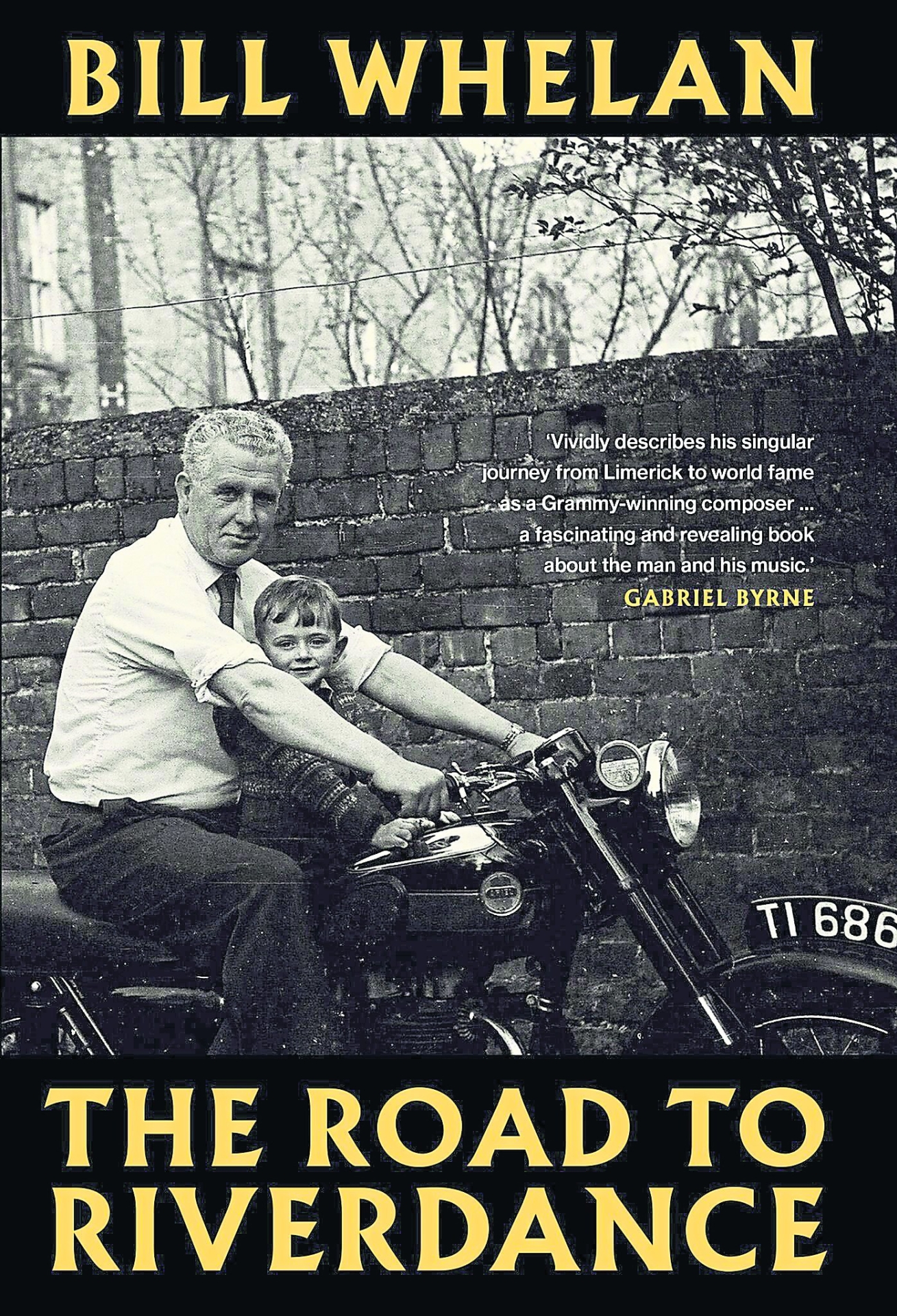
IN HIS memoir, The Road To Riverdance, composer and musician Bill Whelan narrates an unconscious preparation that led to the worldwide entertainment phenomenon.
From a memorable South African touring group in Limerick, to setting up a recording studio in the family home, to producing ‘The Refugee’ in U2’s iconic War album, Bill Whelan recalls it all for his memoir.
As he details the struggles with his own personal demons, Whelan reveals the intense preparation in the run-up to the Eurovision performance of Riverdance.
First performed in 1994 as part of the Eurovision song contest, the seven minutes long presentation, Riverdance, was broadcast for 300 million viewers on television. “It put a lot of pressure on all of us to get it absolutely right. We had been rehearsing for weeks beforehand. And, luckily, despite the nerves that we all had, it went without a hitch,” recalls Whelan.
“It was extraordinary for all of us to experience the response because we could never really tell how this was going to be received. The records of the music for Riverdance went straight into number one in the charts the following week, and remained at number one in the chart for 18 weeks,” he adds.
Over twenty years later, Whelan sits down to tell the story of how it all happened.
“My wife kept saying to me that I should write the story from my own perspective because, nobody really knows that.”

To tell how it all happened, Whelan decided he had to start by telling the story of his life. “I had to tell the story of my upbringing, my musical background, and how working as a freelance musician and composer in Ireland in the 1970s and eighties was a challenge,” he explains.
It's a story that started on Barrington Street in the city in the fifties: “I was brought up in an environment of music where I heard everything. My father (Dave) would bring jazz, classical, traditional - every form of music into the house. My musical curiosity is quite large”, he says.
A curiosity led him to play the piano. “I think there is the inspiration that comes when you sit at a piano and just open your mind and wait for something to occur to you that, that will excite you or create an emotional response. I think you have to find the emotional centre of what you write.”
As a lot of the pages are filled with details of his life in the Treaty City Whelan would like the people who know the area to read his memoir - one that is filled with Limerick humour.
“I would like people who know Limerick and who live in it now to read it, and to see what my perception of Limerick was as a child growing up in the fifties.”
According to Whelan, there was a very strong sense of community in Limerick. "There wasn't quite so much of a separation between different economic groups or social groups, everybody knew everybody," he comments.
Even though he moved out in 1968, and now lives in Galway, something always pulls him back: “I still feel the draw of Limerick, I still feel the connection.”
Bill Whelan, will be in conversation with Fiachna Ó Braonáin about his book and career, as part of the Dublin Book Festival, on November 12.
Subscribe or register today to discover more from DonegalLive.ie
Buy the e-paper of the Donegal Democrat, Donegal People's Press, Donegal Post and Inish Times here for instant access to Donegal's premier news titles.
Keep up with the latest news from Donegal with our daily newsletter featuring the most important stories of the day delivered to your inbox every evening at 5pm.